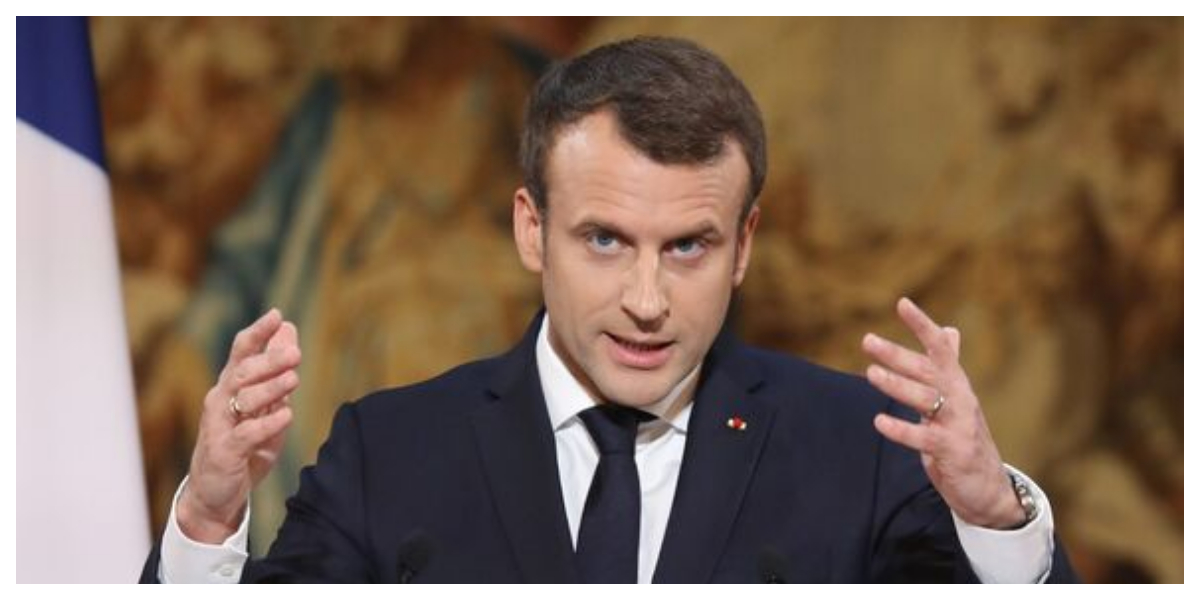Returning to the recent negotiations between France and Germany, it is EU custom for their leaders to visit each other on their first travel abroad following their election. It’s a deliberate emblem of the bloc’s Franco-German engine humming, even roaring ahead.
The Russia-Ukraine conflict, however, has radically altered not just Europe’s security dynamics, but also the balance of power.
During his first term, Emmanuel Macron frequently looked to be the intern to then-German Chancellor Angela Merkel. However, Olaf Scholz, her successor, has handled Russian sanctions and military transfers to Ukraine slowly and badly, infuriating voters at home and friends abroad.
President Macron, just re-elected, feels that now is his opportunity to lead the EU, both in Brussels and abroad.
However, the present crisis has revealed other significant players: Poland and the Baltic countries are hawkish on Nato and defense issues, while Hungary has pushed the EU back on energy sanctions, drawing unfavorable comparisons with the quick-to-act United States and raising questions in Brussels about whether the bloc’s rule that foreign policy decisions must be unanimous is now obsolete in these unpredictable and dangerous times.
For the latest International News Follow BOL News on Google News. Read more on Latest International News on oldsite.bolnews.com




















